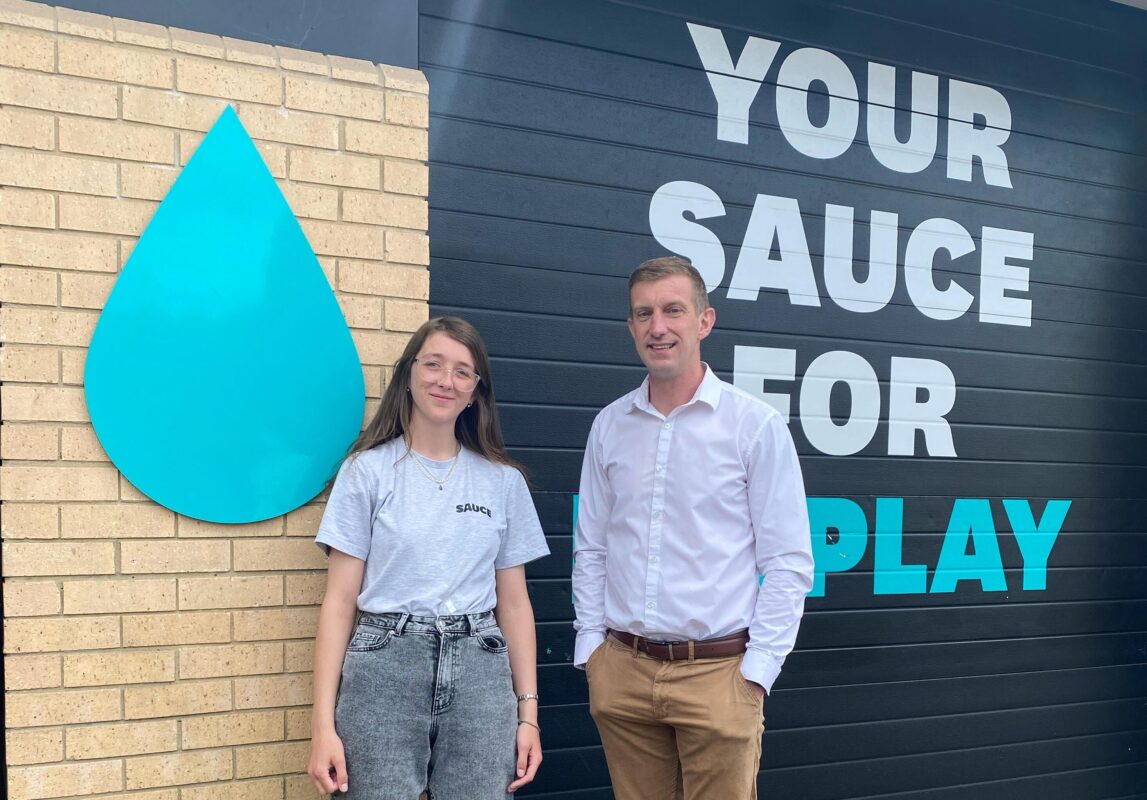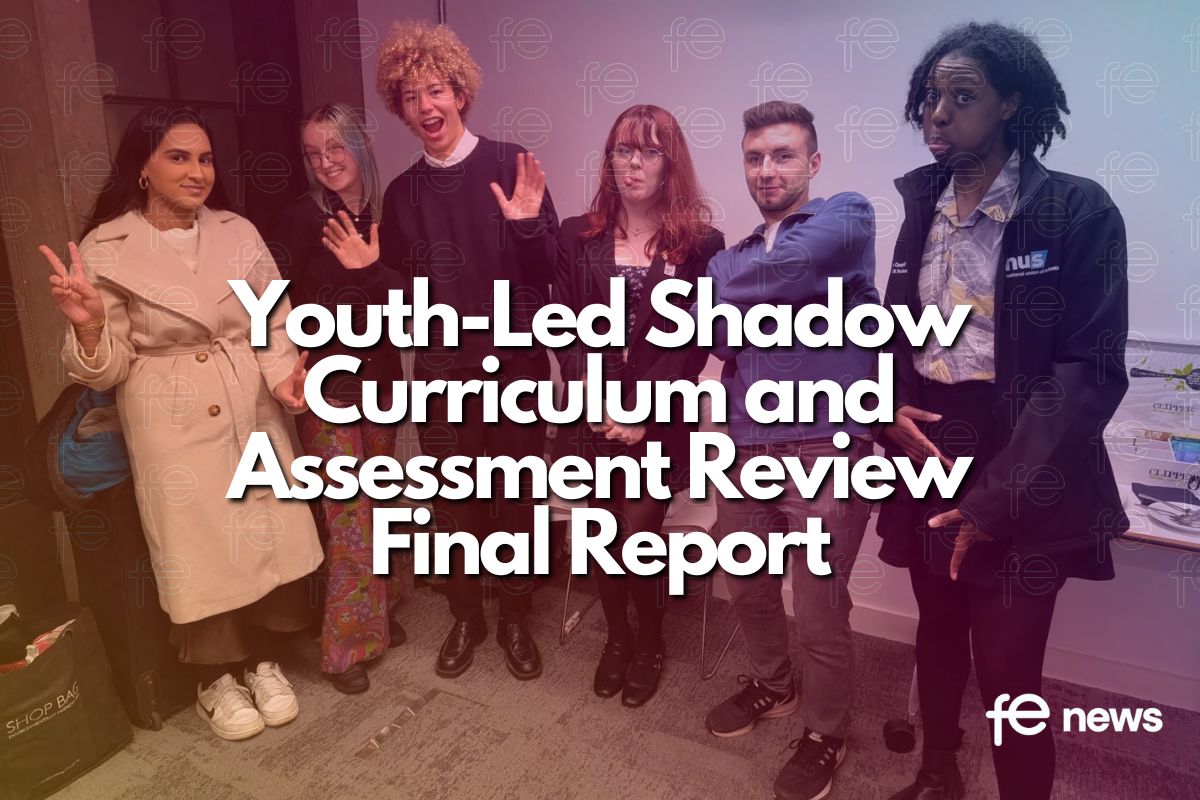Green Skills Gap: Take Influence from Wales

Having launched Hydrogen Safe, which acts as a conduit between industry and education, I’m no stranger to the ongoing debate about the skills shortage in the green energy sector.
While the discussion continues to gain momentum, I’d like to share how taking influence and using best practice examples from Wales could support the UK as businesses transition to greener ways of working in a bid to meet with net zero targets.
Taking Responsibility for the Skills Shortage
The system in the UK is challenging to say the least. We know that there’s a skills shortage. We know we should be doing something about it. The problem is that no one is taking full responsibility for adapting the processes to make that happen.
As it stands, the education system is geared entirely to delivering a tried and tested syllabus, which has been in place for decades. However, we know that future jobs in the green energy sector will require new skills.
Somewhat oddly, the provision to train people is available, however, the system is based on a model that favours access to funding that relies on educating adults. Take the adult education budget (AEB) as just one example.
If a college can teach an adult to do something that results in a job, it is considered a success. The funding is readily available and given, often resulting in a surplus at the end of the financial year. Rather than allocating this to upskilling and reskilling students, it is instead redirected to more of the same.
Taking Influence to Deliver Better Results for All
Having liaised with leading industry experts from the education system, industry and government, it seems to me that the answer may be closer to home than we think.
Working with college groups and organisations throughout the UK, we’ve noticed that Wales is embracing change in a more practical way. Not only is the system being adapted, but funding is also being allocated to the opportunities that exist in the green energy sector.
Earlier in the year, Hydrogen Safe secured £90,462 through the Swansea Bay City Deal Skills and Talent Programme, which will be match-funded by industry and public sector. This allows us to deliver training to 100 people to provide the skills and knowledge that they need to work safely with hydrogen.
If that process and model was adopted in England and Scotland, we would be one-step closer to having the workforce we will need to get the most from the green energy revolution, which will impact on businesses across sector.
Overcoming Barriers to Change
Recognising that there are often barriers to change in both education and business, I would suggest that Wales could become an example of best practice to power the UK towards net zero.
We want to champion a different approach, which takes influence from Wales, and democratises the opportunity in a really structured way. That’s why we are launching a series of roundtables that will result in a hydrogen skills framework that can be adopted by other regions and countries.
The time for talk is over, we must start to put the lessons that we have learned into practice. The reality of all of this is that we are not putting the infrastructure in place, which means we will be left behind. We will watch as the rest of the world steps up and benefits as a result.
If we are going to become a global leader that is innovative, progressive and successful, then the model we rely on has to adapt. The same old ways of working aren’t fit for purpose. What’s more, it’s everyone’s responsibility to make this happen.
The Risks That Come with Doing Nothing
With hydrogen project announcements and budget allocation hitting the headlines on an almost daily basis, there are imminent risks that will come from sitting still and carrying on as we are.
We know that projects are planned and that when they progress there is a need for these to be delivered and serviced. This is an ongoing requirement that will involve thousands of skilled workers. The challenge remains that at this stage, they don’t exist!
The green economy is a massive opportunity for the UK, if we all come together to champion change and to turn talk into action. The alternative is to remain the way we are, leaving us to deploy as opposed to develop new technologies.
The choice is ours. I just hope that we will made the right collective decision, get around a table and create a hydrogen framework that will put our ambition into practice, changing the outcome now and for future generations.
By Andy Lord, Founder and CEO of Hydrogen Safe











Responses